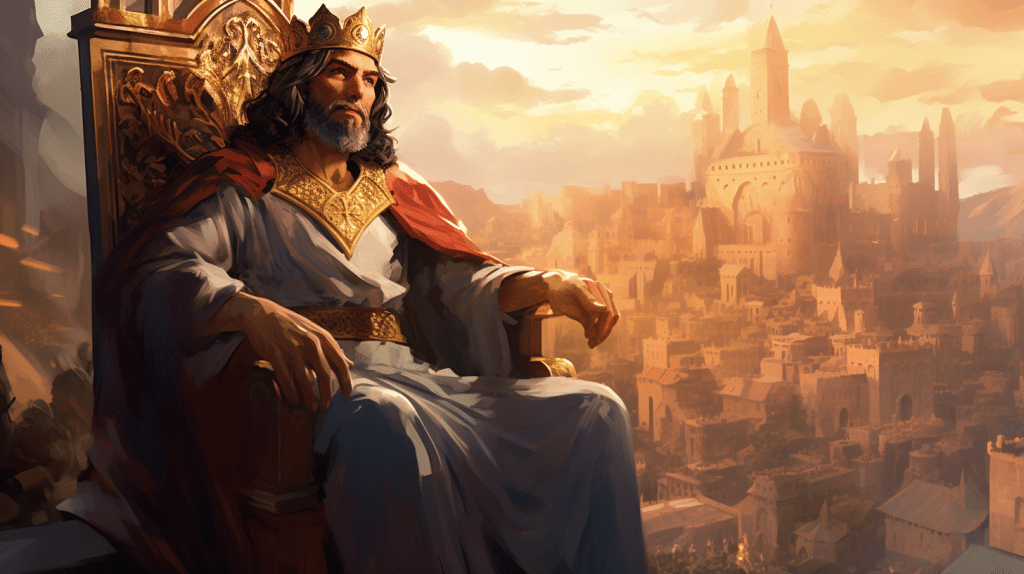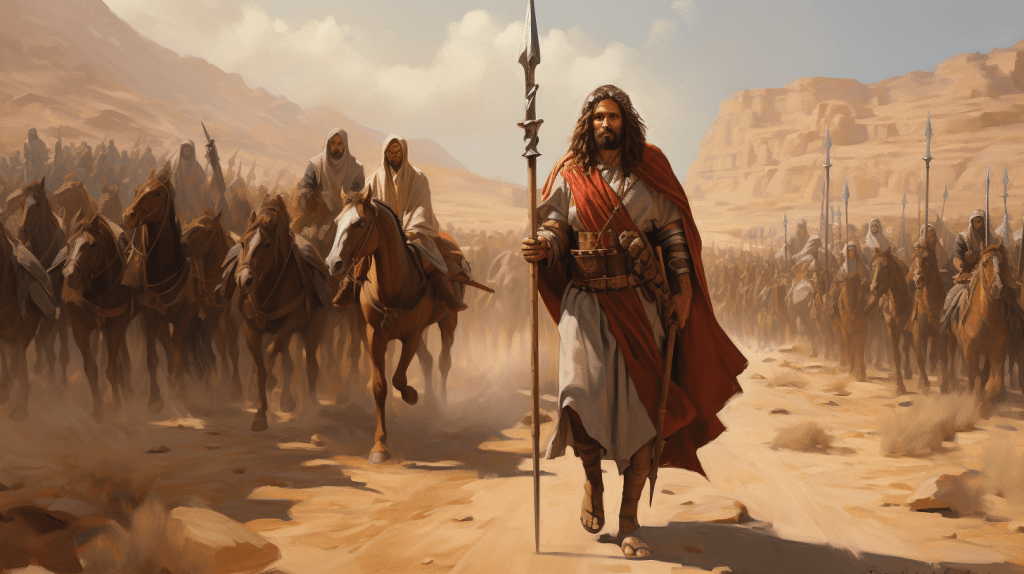Quran Stories: The Tale of the People of Tubba’ تبع
Allah The Almighty Said:
– “Are they better or the people of Tubba’ and those before them? We destroyed them, [for] indeed, they were criminals.” [44:37]
– “And the companions of the thicket and the people of Tubba’. All denied the messengers, so My threat was justly fulfilled.” [50:14]
Introduction:
The land of Yemen, located in the south of the Arabian Peninsula, was one of the prosperous and rich lands. In the past, it was the cradle of civilization and sophistication, and it was ruled by kings called (Tubba’) and collectively Tubba’een, or because one would succeed and follow the other in rule.
No matter what, the people of Tubba’ formed a powerful society in its capabilities and number, and they had a vast and expansive government.
Who are the people of Tubba’?
The word Tubba’ appeared in the Holy Quran only twice: once in verse (37) of Surah Ad-Dukhan, and another in verse (14) of Surah Qaf, where it says “And the companions of the thicket and the people of Tubba’. All denied the messengers, so My threat was justly fulfilled.”
Indeed, (Tubba’) was a general title for the kings of Yemen, like Kisra for the emperors of Persia, Khagan for the kings of the Turks, Pharaoh for the kings of Egypt, and Caesar for the emperors of Rome.
And the word (Tubba’) was used for the kings of Yemen because they used to call people to follow them, or because one of them would follow the other in rule.
However, it seems that the Quran speaks specifically about one of the kings of Yemen – as the contemporary Pharaoh of Moses, peace be upon him, which the Quran speaks about was specific and determined – and it was mentioned in some narrations that his name was (As’ad Abu Karb).
Some believe that he was a believing man, and they considered the expression (people of Tubba’) which appeared in two verses of the Quran as evidence of that, as it was not criticized in these verses, but his people were criticized, and the narration narrated from the Prophet (PBUH) is a witness to that, in which he said: “Do not insult Tubba’, for he had converted to Islam.”

Tubba’ near Madinah:
It was mentioned in another narration: that when Tubba’ arrived in Madinah – during one of his journeys – and stayed in its outskirts, he sent a message to the Jewish rabbis who were living there saying: “I am going to destroy this town so that not a single Jew remains, and matters will return to the religion of the Arabs.”
Then a Jewish man named Shamoul, who was the most knowledgeable among them at the time, said to him: “O king, a prophet from the descendants of Ishmael will migrate to this town, he will be born in Makkah and his name will be Ahmad”. Then they told him some of the characteristics of the Prophet of Islam (PBUH), Tubba’ said – as if he was knowledgeable about the matter – I have nothing to do with destroying this town, and it will not be destroyed by my hands.
Rather, it was mentioned at the end of the narration of that story that he said to those who were with him from the Aws and Khazraj: “Stay in this town, and if the promised prophet appears, then support and help him, and advise your children to do so”, to the extent that he wrote a letter entrusted to them in which he mentioned his faith in the greatest messenger (PBUH).
Tube in Mecca:
The author of the A`alam of the Quran narrates that Tube was one of the kings of Yemen who opened the world. He marched with his army to India and took over the countries of that region. And led an army to Mecca and wanted to demolish the Kaaba, but he was struck by a chronic disease that doctors could not cure.
Among his entourage was a group of scholars, headed by a wise man called Shamool, who said to him: Your sickness is due to your bad intention regarding the Kaaba, and you will recover if you divert your mind from this idea and seek forgiveness. Tube refrained from what he intended and vowed to respect the Kaaba. When his condition improved, he covered the Kaaba with Yemeni cold.
The story of the Kaaba’s covering has been reported in other histories to the extent of being widespread. The movement of this army, and the issue of covering the Kaaba, was in the fifth century AD, and there is a place in Mecca today called the house (of the tubes).
Anyway, most of the history of the kings of the tubes in Yemen is not without mystery from a historical standpoint, where we do not know much about their number, and the duration of their government, and we may face conflicting narratives in this section, and most of what is mentioned in Islamic books – whether books of interpretation or history or talk – is related to that king, which the Quran referred to in two places.

Source:
Quran Stories: Ayatollah Sheikh Nasser Makarem Shirazi
Top of Form

